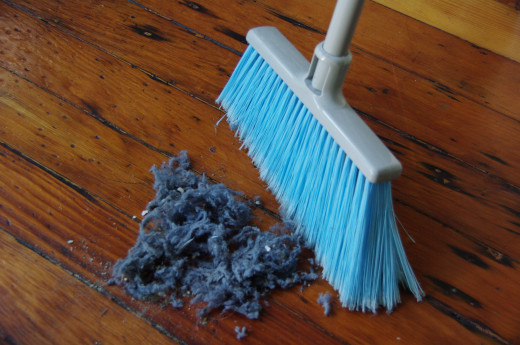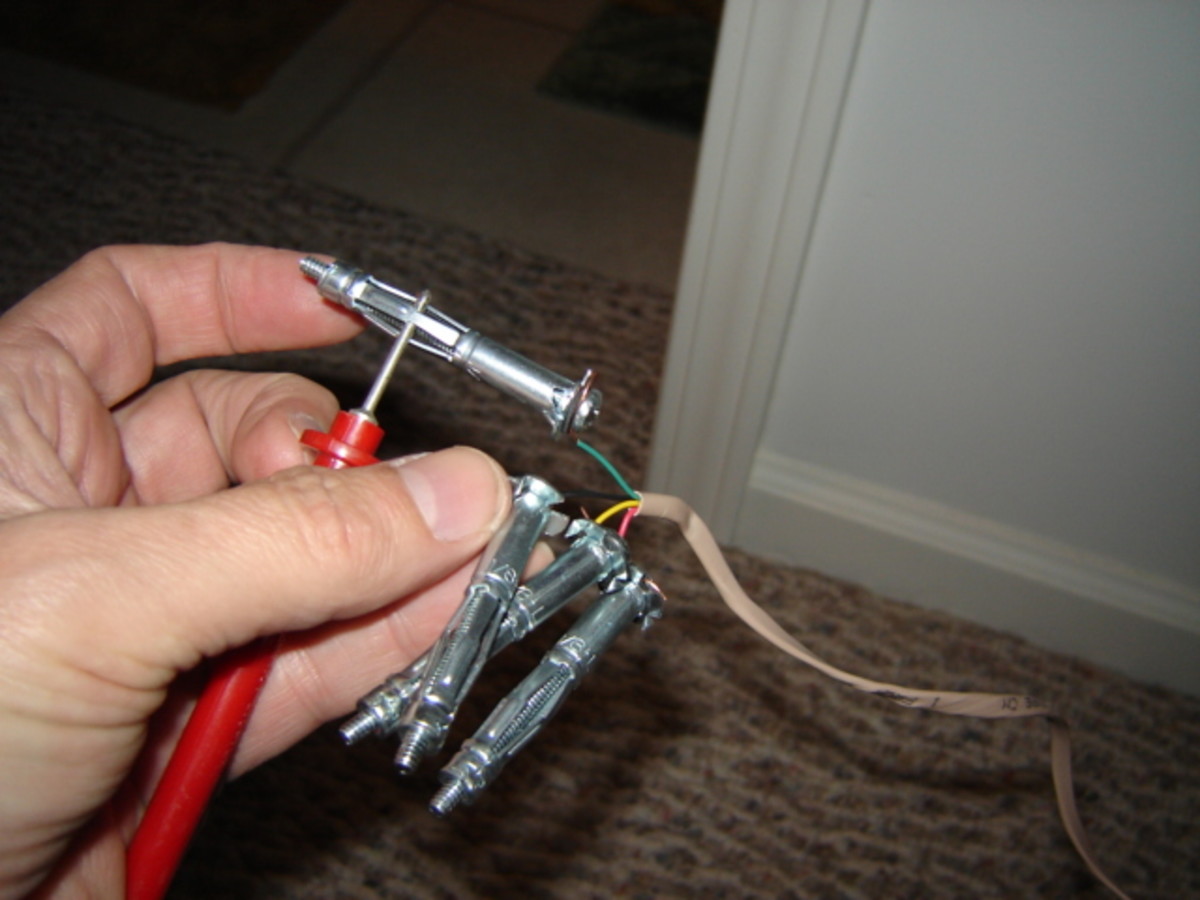Team Clean Your House!
Housework? Divide and Conquer your Dirty House

How to Share Chores With Your Housemate | Spouse
Does your spouse say you don't do enough around the house?
Do your housemates drop sarcastic comments that you're not doing your share?
Do your parents expect more help from you around the house?
Few things are more frustrating than feeling someone in the family or household isn't carrying their load. Unless, of course, you're the one being accused of slacking.
Sometimes others will complain, when the entire time, you feel you are doing more than your share.
So, what's wrong with this picture?
Have you talked it over with your roommates or family? If not, communication will help.
Here are some easy ways to pitch in and raise your stock with others in your home.
What do YOU think?
Do you think everyone pitches in at your house?
Do Your Share Around the House Before You're Asked
Much of taking care of a home is just a matter of paying attention. Take a look at what happens each day, and then look a bit closer to see when and how it happens.
Most households have some usual things going on every day. People sleep, eat, take baths or showers, and get dressed.
This means someone is keeping the sheets changed, putting fresh towels in the bathroom, cleaning the tub or shower, cooking the food, doing the dishes, and keeping up with the laundry.
Anticipate How You Can Help:
If mom (or your wife) cooks dinner every evening at a certain time, ask ahead of time whether she could use help peeling potatoes, chopping vegetables, setting the table or whatever. Better yet, grab the dishes and set the table before you even ask.
Anyone who cooks knows the enormous sense of gratitude you feel when someone gets up from the table and says they'll do the dishes. It really doesn't take that long to scrape food, put away leftovers and load the dishwasher or wash by hand. Some households have the very sane rule that the person who cooks never does the dishes - you can help by pitching in with cooking or clean-up, and earn big, heartfelt thanks from your loved ones or housemates.
Be Self-Sufficient!
If you wear it, learn to wash it. Anyone tall enough to reach the buttons on the washing machine is old enough and big enough to load clothes, switch them to the dryer and fold them afterward.
If you use it, pick it up and put it away.
Volunteer to do some of the 'joint' laundry, such as towels, sheets, dishcloths and anything else the whole family uses. Then fold them and put them away.
Never, ever leave an empty toilet paper roll if you use the last piece! It's so easy to remove the roll and replace it, and it's so infuriating to find someone hasn't even had the wherewithal to replace the roll.
If the trash can starts to overflow, bag it up and carry it out. LIttle touches like that are noticed and appreciated, and they show you're paying attention and pitching in.
Are Your House | Lawn Chores Divided Fairly?
One way to address the 'who does what' question is to talk with your spouse, family or housemates about what the expectations are for living together, and for each person.
Does your parent, spouse or roommate think you should be doing certain, specific things each day or each week?
Have you talked over what each person is doing, to see the differences in time, energy, scheduling or pre-planning?
Compare Types of Chores and the Time They Take:
Shopping for groceries might sound like it takes only an hour or two, but it takes more time than that to plan the menu or take an inventory of what needs to be purchased, and to put everything away.
Paying the bills can take only minutes if it's done online, but gathering the monthly statements, keeping track of them, balancing the accounts and tracking the budget takes more than just a few minutes.
Doing dishes is a huge help for anyone who regularly cooks - but it can often be done in less than 30 minutes. Cooking the meal, however, can take much longer.
Cleaning doesn't have to take forever - if you put small pieces of wasted time to use, you can clean your house in just minutes, here and there.
Scheduling Chores
What things need to be done on a daily basis in your household? What about weekly? Monthly? Which chores or errands are outside and which are inside tasks?
Mowing the lawn might be a once-a-week task (at the most), but dinner, dishes and laundry can be daily chores. Taking out the trash can take only a few minutes, but mopping the floor takes more time.
Don't forget that the person who cooks dinner needs to plan around that timeframe, whereas the person who mows the lawn usually has more flexibility about the day and time it can be done.
It's stressful to know you always have to do something at a certain time each day; the timing of each chore should be considered when dividing up the work around the house.








